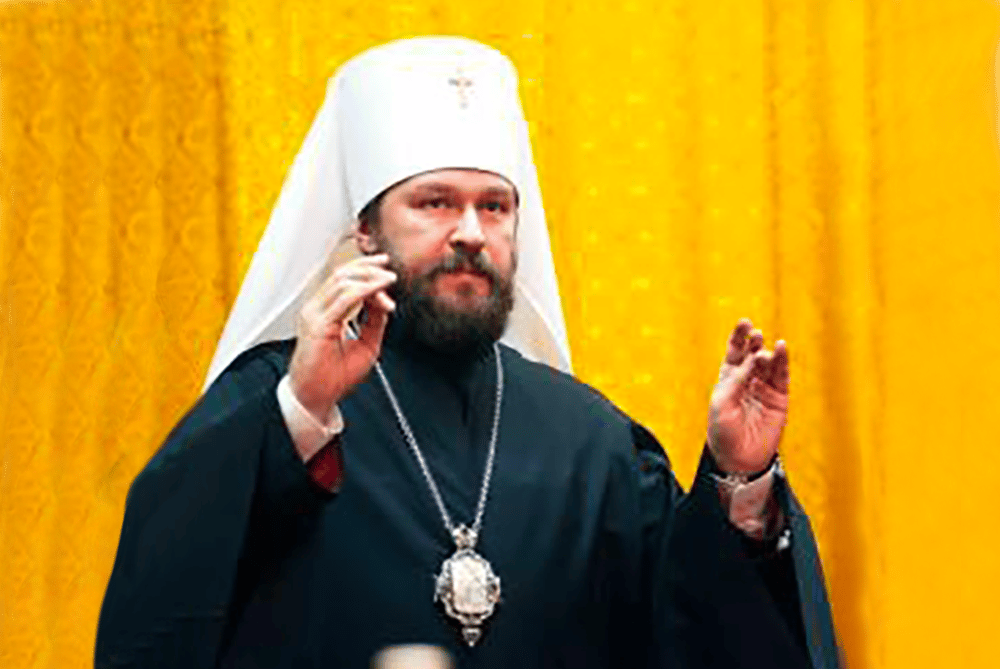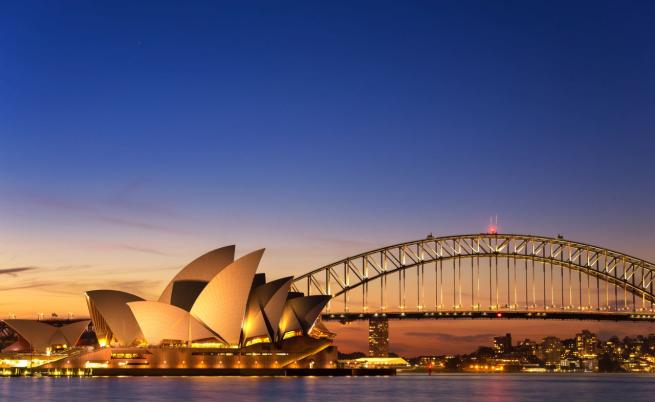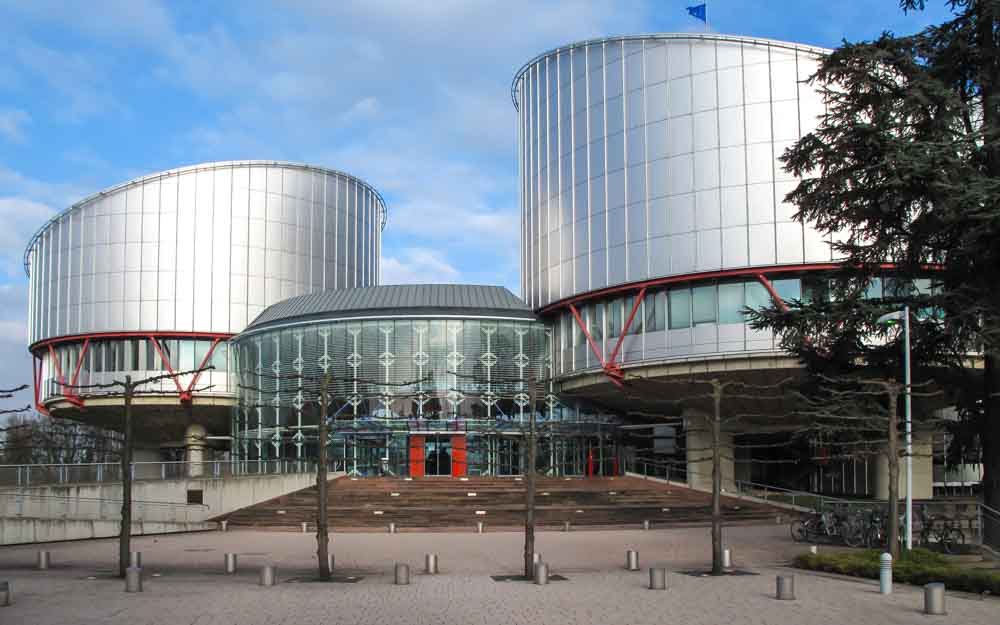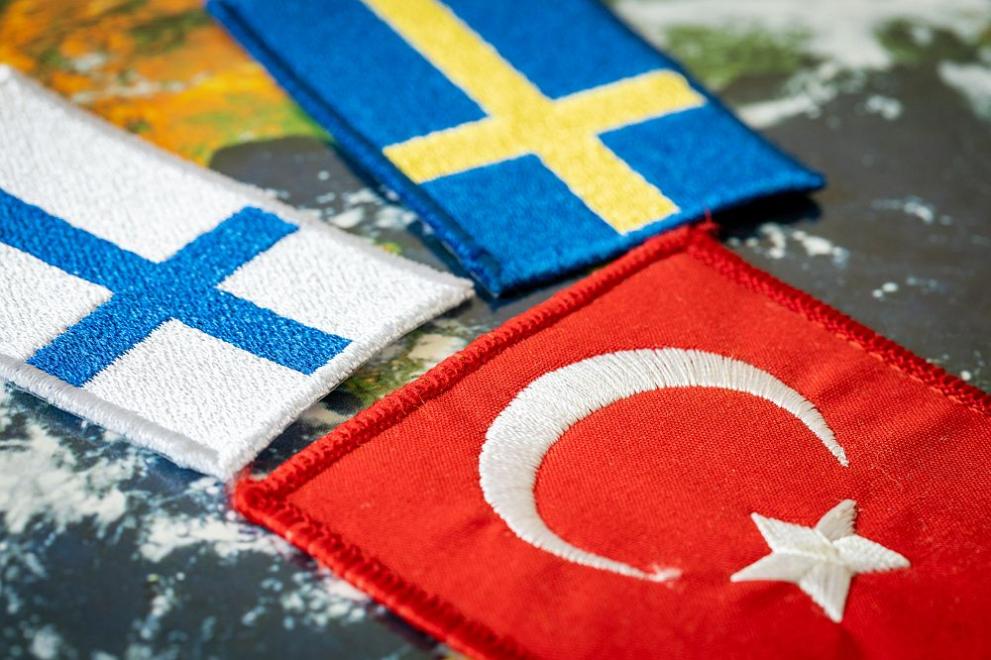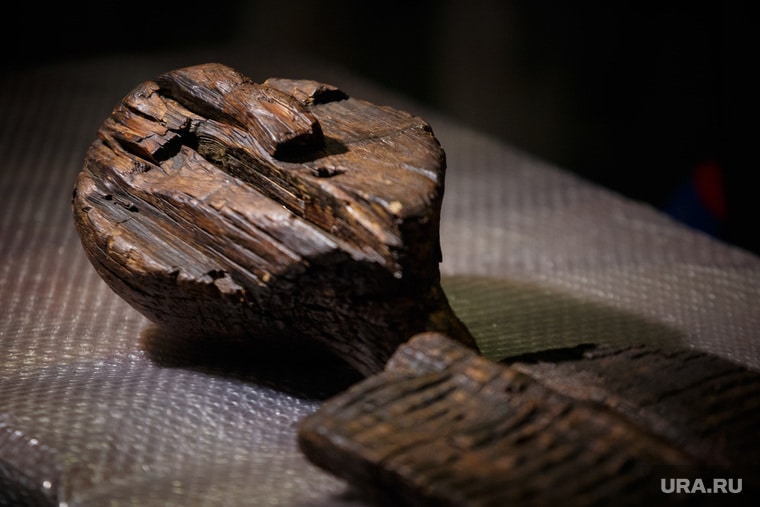After being blocked in the Council for a decade, EP and EU countries’ negotiators finally agreed on a bill to increase the presence of women on boards.
The provisional agreement reached on Tuesday night on the draft legislation aims to ensure gender parity on boards of publicly listed companies in the EU.
At least 40% of non-executive directors should be women
The so-called “Women on Boards” Directive aims to introduce transparent recruitment procedures in companies, so that at least 40% of non-executive director posts or 33% of all director posts are occupied by the under-represented sex. Thanks to Parliament, companies must comply with this target by 30 June 2026, compared to the Council’s proposal of 31 December 2027. In cases where candidates are equally qualified for a post, priority should go to the candidate of the under-represented sex.
MEPs insisted that merit must remain the key criterion in selection procedures, which should be transparent, as part of the agreement. Listed companies will be required to provide information to the competent authorities once a year about the gender representation on their boards and, if the objectives have not been met, how they plan to attain them. This information would be published on the company’s website in an easily accessible manner.
Small and medium-sized enterprises with fewer than 250 employees are excluded from the scope of the directive.
Penalties
The proposal includes effective, dissuasive and proportionate penalties for companies that fail to comply with open and transparent appointment procedures. Parliament succeeded in including examples of specific penalty measures, such as fines and companies having their selection of board directors annulled by a judicial body if they breach the national provisions adopted pursuant to the Directive.
Quotes by the rapporteurs
Evelyn Regner (S&D, AT), co-rapporteur, said: “Parliament has been asking for a Directive for more women on boards for over a decade. The Council was finally ready to come to the table 10 years after the Commission made its proposal. It was high time to have binding measures. More women on boards make companies more resilient, more innovative and will help to change top-down structures in the workplace. One of the main achievements is transparency. Selection processes have to be based on clear, predetermined criteria and with this agreement, only the best candidates will be selected, thereby improving the overall quality of boards.”
Lara Wolters (S&D, NL), co-rapporteur, added: “All data show that gender equality at the top of companies is not achieved by sheer luck. We also know that more diversity in boardrooms contributes to better decision-making and results. This quota can be a push in the right direction for more equality and diversity in companies.”
Press conference
The lead EP negotiators Evelyn Regner (S&D, AT) and Lara Wolters (S&D, NL) will answer journalists’ questions on the deal on Wednesday 8 May at 9.00 CEST in the Daphne Caruana Galizia room (WEISS N -1/201) in the European Parliament in Strasbourg. More details on how to follow the press conference are available here.
Next steps
Once Parliament and Council have formally approved the agreement, the Directive will enter into force 20 days after it has been published in the EU’s Official Journal. Member states would need to implement the directive two years after it has been adopted. Parliament succeeded in including an assessment on the scope of the directive at a later stage on whether non-listed companies should be included in the scope of directive.
Background
The European Commission first presented its proposal in 2012 and the European Parliament adopted its negotiation position back in 2013. The file was blocked in the Council for almost a decade, until Employment and Social Affairs ministers finally agreed on a position last March.
Today, only 30.6% of board members in the EU’s largest publicly listed companies are women, with significant differences among member states (from 45.3% in France to 8.5% in Cyprus).







